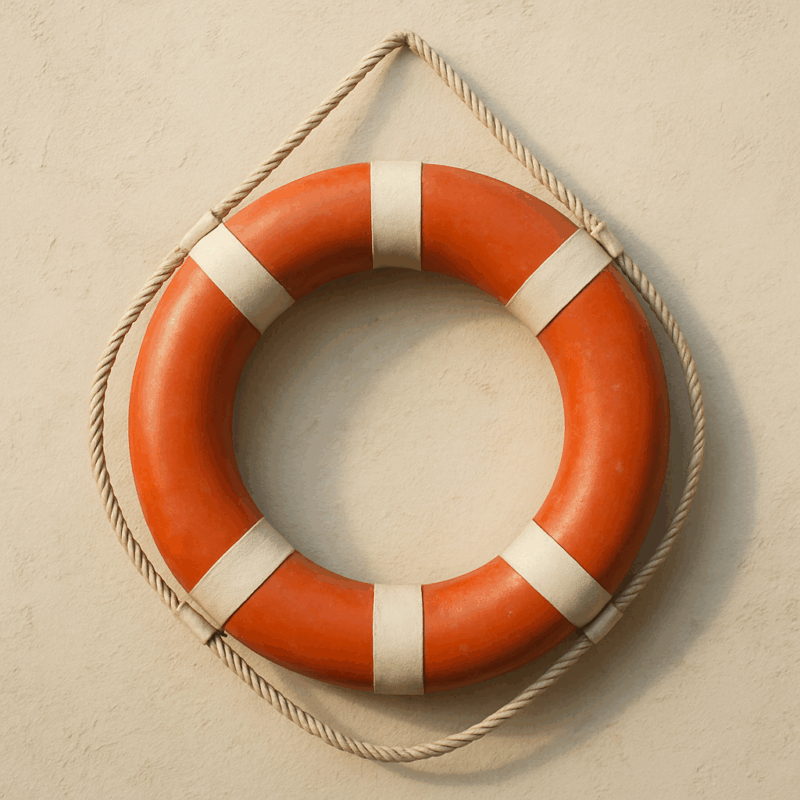From Redundancy to Rescue: My Accidental Journey into Insolvency

By Lisa Thomas, Licensed Insolvency Practitioner at Parker Andrews (www.parkerandrews.co.uk)
Like many others who start a new career path, mine began not with a plan, but with redundancy.
In 2002, after six years working in various retail roles, I found myself at a crossroads. I wasn’t quite sure what I wanted to do next, but I knew I needed a change. So, when I was offered a job at a firm of Insolvency Practitioners (IPs), I said yes, despite never having heard the word insolvency before, let alone knowing what it meant. It turns out that leap of faith was the best move I could have made. I was hooked from the start!
I quickly learned that I wasn’t alone in stumbling into this profession. Many IPs “fall into” insolvency almost by accident and like me, stay because we genuinely enjoy the work. I spent 20 years at that first firm, earned my license in 2009 and in 2023, I joined Parker Andrews where I now work across the South West with a fantastic, experienced team.
So, What Exactly Is Insolvency?
Put simply, a business is considered insolvent when it:
- Can’t pay its debts as they fall due
- Has a negative balance sheet
- Has an outstanding County Court Judgment (CCJ), or
- Has an unsatisfied Statutory Demand
If any of these apply, the business could be heading into troubled waters—and that’s where someone like me comes in.
What Does an Insolvency Practitioner Actually Do?
Our role is broader than most people think. In a nutshell, we help individuals and businesses who are already insolvent—or on the verge of it.
We assess their financial situation, explain the options available, and guide them through the most appropriate insolvency procedure. Once a process is chosen, we typically manage it from start to finish.
At Parker Andrews, we also help individuals with things like Individual Voluntary Arrangements (IVAs), but my area of focus is insolvent limited companies.
Most of my work involves insolvent liquidations – simply because this is often the most suitable option when there’s no prospect of rescuing the business. But I also deal with Company Voluntary Arrangements (CVAs), Administrations (including Pre-Packs), and solvent liquidations (yes, those exist too!).
What I love most is that no two cases are ever the same. While IPs can sometimes be unfairly stereotyped, I take pride in helping people find clarity, regain control and move forward. One of the most common things I hear from company directors is relief—just having a plan and someone in their corner can lift an enormous weight.
Facing the Pressure
By the time business owners reach out to us, they’re often exhausted and overwhelmed. Many have been battling mounting debt for months, even years, before they finally pick up the phone.
Some come in with a decent understanding of their options—others have been led astray by well-meaning friends down the pub whose only reference point is their own bankruptcy ten years ago…
How Do Insolvency Practitioners Get Paid?
Usually, we’re paid from the assets of the company we’re appointed over. Initially, directors approve the costs. Subsequent costs must be formally approved by the company’s creditors—or sometimes the court, prior to drawing.
Because many companies in insolvency have limited funds, I often don’t get paid in full. That means I have to make a commercial decision upfront about whether to take on a case and accept that risk.
It’s also worth noting that directors are not personally responsible for paying insolvency costs—but occasionally some choose to contribute. This might be to help bring about closure or to ensure employees can access government-backed schemes to recover owed wages.
When Directors Do Become Personally Liable
A limited company is a separate legal entity, which usually protects directors from personal liability but there are exceptions.
Here are the three most common ways directors can find themselves personally on the hook:
- Personal Guarantees – Directors often sign personal guarantees with lenders or suppliers—sometimes without fully understanding the implications. When the company can’t pay, the director becomes personally liable. This can lead to serious financial consequences, including the need for personal insolvency advice and sometimes a personal insolvency procedure – like Bankruptcy, or an IVA.
- Overdrawn Director’s Loan Accounts – This is a big one. Many directors who are also shareholders take money out as dividends. But if the company becomes insolvent and lacks the profits to cover those dividends, the money is reclassified as a loan from the company to the director. And guess what? The liquidator’s job is to recover that money.
This often comes as a surprise, which is why it’s crucial to coordinate closely with your company’s and personal accountants—and never treat company funds like your personal bank account. - Director Misconduct – If a director’s actions contributed to the company’s failure—or if there’s evidence of wrongdoing—the consequences can be serious. The Insolvency Service has the power to fine and/or disqualify directors. In some cases, the corporate veil can be lifted, meaning the director could be sued personally.
Don’t Wait Until It’s Too Late
Understandably, many directors hesitate to go down the formal insolvency route. But delaying can make things worse—especially if it leads to wrongful trading, which is another potential claim against directors.
That’s why seeking early advice from a licensed insolvency practitioner (like myself or one of my colleagues at Parker Andrews) is so important. The sooner you understand your options, the more control you retain—and the better the outcome is likely to be.
If you think your business might be in trouble, or you’re unsure what your next steps should be, feel free to get in touch.
Email: Lisa.Thomas@parkerandrews.co.uk
Phone: 07842 200088



